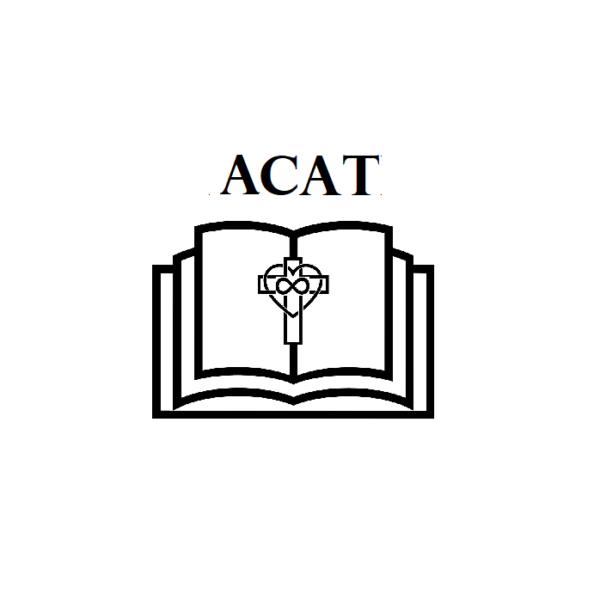ACAT 14: Care for Our Body
How can we take care of our body without compromising our soul?
The tone of this question may sound a little confusing. How would taking care of our body compromise our soul in the first place? In a reasonable manner, not at all. Caring for our body is responsible and Godly. There is no conflict between practicing physically wellness and spiritual wellness.
The problem is, physical wellness, as a concept, has become very marketable, and very profitable. Wellness has been taken from its place of common sense and elevated to an ideal which we are encouraged to strive toward at all costs… particularly those costs transferring from our pockets to those selling products promising to bring us that much closer to this nebulous but never quite fully defined state of “well.”
In the spirit of keeping things simple, we look back to why our bodies exist (= to know, love and serve God), and feel that provides a sufficient enough answer to the question. We can take care of our bodies by optimizing their ability to help us know God, love God and serve God, and by minimizing the things that interfere with our knowing, loving or serving God.
Every principle of wellness seems to flow logically from the know-love-serve-God formula. If God endowed us with the body we have, we naturally have an obligation to give it care that reflects our acknowledgment of this gift. We ought not to abuse or overindulge our bodies’ capacities for pleasure or pain. We ought to recognize the interconnection between physical, emotional and mental wellness and strive for balance in all that we do, produce and consume. We do well to notice the chain reactions between mental distress, emotional distress, physical distress and spiritual distress. A healthy body promotes a healthy mind, and a healthy mind promotes a healthy spiritual connection to God.
Anything truly good promotes wellness without cultivating worry or scarcity. Godly wellness flows from the abundance and peace characteristic of God Himself. Within this formula, then, nothing can compromise soul care. Physical fitness, self-care, food and beverage, leisure, expressions of love and beauty all have a place within a God-knowing, God-loving and God-serving life. Only when any of the above take excessive attention from knowing, loving or serving God does soul care become compromised.
How can we tell when something takes excessive attention from knowing, loving or serving God? We dare say, when it reaches the point where we wish God weren’t watching. If we feel like we have to sneak something we intend to do, take a closer look. Why sneak it? Who will disapprove, and why? Would God disapprove? If so, it’s not good for the soul. If we’re not sure, it’s probably a very good time to find out first. And, if not… then maybe this is a good time to revisit how we understand God. There are definite limits to the bodily pleasures God intends, and definite reasons for the limits of Godly order… along the same lines as the limits imposed by a wellness-oriented lifestyle. Denying indulgence in one area is often the avenue to produce a greater good in another. This is just as true in soul wellness as it is in body wellness.
In the end, recognizing that “caring” is far healthier than “pleasing” is a shortcut that applies to body care, soul care… and even our relationship with God.




